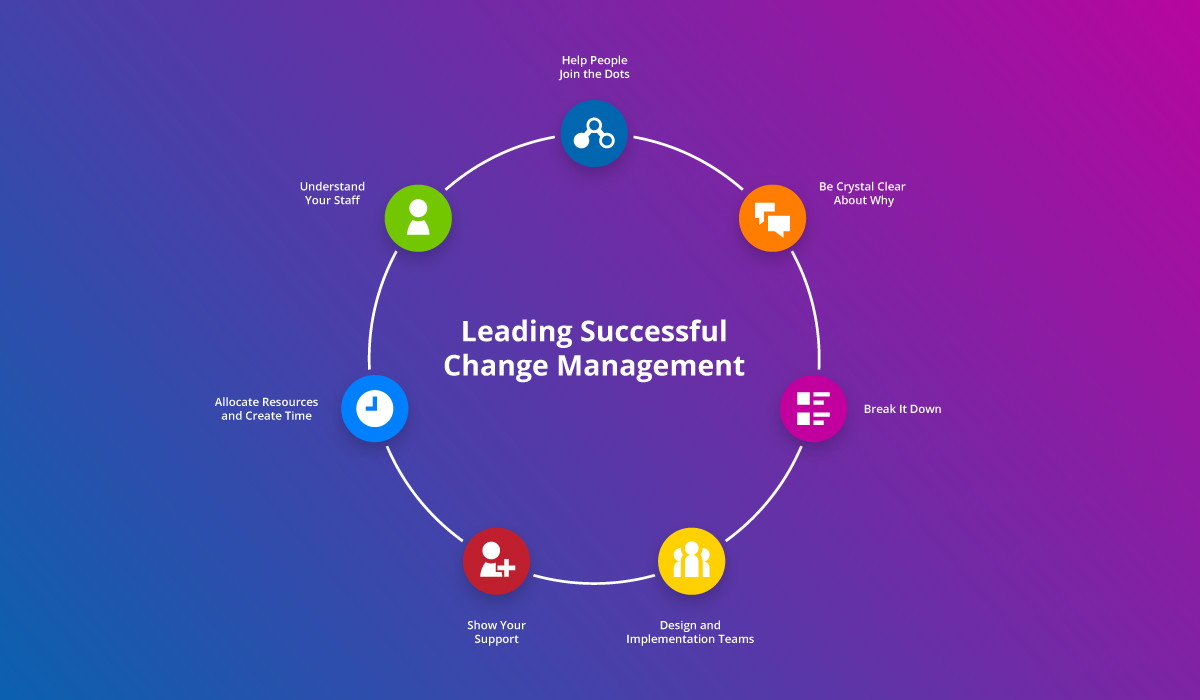Pastoral care is critical to the success of students and their academic engagement, performance and relationships with each other. In fact, having an effective student wellbeing program in place for your school has the potential to address lack of engagement, absenteeism and nurture an environment of opportunity, resilience and respect.
To be most effective, a pastoral care program must be ingrained in school culture and meet the academic needs of not only students, but staff too.
So, what is involved to ensure your school has an effective pastoral care program?
Understanding the Whole Student
First and foremost, an effective pastoral care program must focus on the whole student where all members of the school community are active participants.
An understanding of the whole student involves a consistent and comprehensive approach which addresses the following key aspects of each student:
- Academic
- Personal growth
- Aspirations
- Challenges
- Emotional development
Developing the Whole Student
In developing the whole student, it is essential for schools to take a proactive approach that takes into account each and every student. Only then will students be able to gain:
- A sense of belonging
- Emotional development
- Positive attitudes
- A respectful learning environment
- Supportive networks
Involvement of parents is also very important to the development of the whole student as this enables students to witness positive relationships between their parents and teachers.
And of course, key to developing the whole student is community. With the knowledge that there are multiple support networks available, students become more comfortable with asking for assistance when needed.

Positive learning environment
For an effective pastoral care program, there is a need for a positive learning environment that shows students that their wellbeing is important and being considered at every step of their learning.
This can be done by:
- Personalisation of learning tasks.
- Providing activities that are of interest to students.
- Offering opportunities to take ownership of their learning.
- Providing contextualisation about the task at hand and how it may impact their future.
- Setting realistic but challenging goals.
By having these elements present in the learning environment of the student, educators will be able to support not only their academic skills but also aid personal and cognitive development.
A positive learning environment is also important for the health and wellbeing of educators. By understanding their students, educators are able to foster healthy and meaningful relationships that will translate into quality learning and teaching.
Checklist for an effective pastoral care program
An effective school pastoral care program takes into account all areas of student wellbeing in the development of a student, thereby supporting the whole student. And a well developed program for pastoral care will ensure students are provided the opportunity to be the best version of themselves.
So, what makes up an effective pastoral care program—take a look at the checklist below.
Each aspect of the student needs to be considered
All aspects must be considered, not only academic performance. For instance, emotional development is a highly critical aspect to the overall support of student wellbeing. Other aspects include personal growth, aspirations and challenges faced by the student.
The entire school community should be involved
The involvement of the entire school community creates a sense of belonging for students as they become aware that people in their lives are concerned with their wellbeing. So, a school’s pastoral care program needs to be designed to show the community how and why student wellbeing should be nurtured and developed.
Provide students with challenges
Challenges provide students the ability to develop resilience in the face of adversity. By providing challenges in a safe environment, students can be supported and encouraged along the way.
Regular reviews of the pastoral care program
Implementing a pastoral care program is only the beginning, regular reviews are needed to ensure that the effectiveness of the program can be evaluated. Reviews also provide an avenue to objectively assess the need for further resources or opportunities.
Keep your school community informed
Ensure you communicate the processes to your school community and also keep them informed of reviews and outcomes. This way, everyone in your community will be able to see that your school values student wellbeing and appropriate resources are being utilised to ensure the success of their children.

At Schoolbox, we are committed to providing schools with great tools to support student wellbeing. Find out more about Student Wellbeing and Pastoral Care with Schoolbox or explore our other resources:
- 7 Ways to Extend Learning Beyond the Classroom
- Why is Personalised Learning Important?
- How to Use Rubrics in K–12 Education
Bel Clohesy has been an educator for over 18 years, with expertise in teaching students from Kindergarten to Year 8. With a strong focus on the whole student, Bel is committed to ensuring each and every student is supported in their learning journey.















